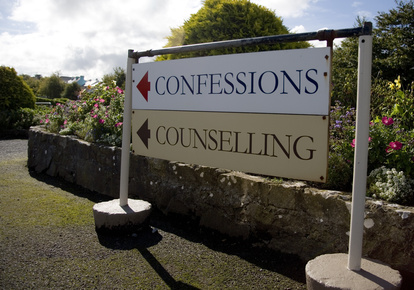Tag: CBT
-

Emotional Self Help Books for Expats and English Speakers in Sweden
I need help with Anger Management / Distraction / ADD / Overwhelming Emotions…(strike out what does not apply) …can you recommend any self help books for expats to read? Clients are often asking me for book recommendations. While self help books for expats aren’t the same as therapy or coaching sessions, they have their place…
-

What’s the Purpose of Talk Therapy? 5 Different Reasons to Turn to Online Counselling.
Recently I was reflecting on all the requests I receive for online counselling, coaching and therapy. I’ve been providing therapy consultations over webcam and offering email counselling for several years now, and I’ve heard a diversity of hopes and expectations over that time. Here are some of them. Strategies and Tools One of the biggest…
-

“Tools for Better Living”: 6 English Speaking Coaching Sessions for Expats in Stockholm and across Sweden
This fall I’m offering a flexible course that combines both coaching and counselling in a short series of consultations. These sessions are designed specifically for expats and other English speakers seeking direction. Are you looking for some tools for dealing with change or adjustment? Interested in taking a series of sessions to kick-start your motivation?…
-

Anxiety Therapy in Stockholm: Walk and Talk or Talk and Tea… You Choose!
Treatment for Anxiety is now attracting the same attention given to Depression over recent years. And it’s no wonder. Many people are unaware that Anxiety is affecting their lives and as a result become confused as to how to better approach their symptoms. Talk therapy can offer new ways of responding to Anxiety, and you…
-

Anxiety and Regular Therapy in Stockholm: Temporary and Ongoing Solutions
International relocation to Sweden is a major life change for most people, particularly if it is the first time they have moved somewhere English is not the first language. But for a person with persistent anxiety, the stress of finding accommodation, dealing with visa issues, trying to make friends and maintain relationships can make pre-existing…
-

Walking Talk Therapy for Mental Health in English in Stockholm
The advantages of counselling and therapy shouldn’t just be psychological. Walking while talking is a new approach to talk therapy that benefits the body as well as the mind. As a therapist who personally enjoys exercise and the positive effects of movement, I was not surprised when I read in the Sydney Morning Herald about…
-
3 Advantages of Counselling in English in Stockholm
Anyone trying to find an English speaking therapist in Stockholm has a story why he or she moved to Sweden. When people email or call me about my therapy services they often want help with couples counselling, family difficulties or work issues and career direction. Counsellors working with expats in Stockholm know living in…

